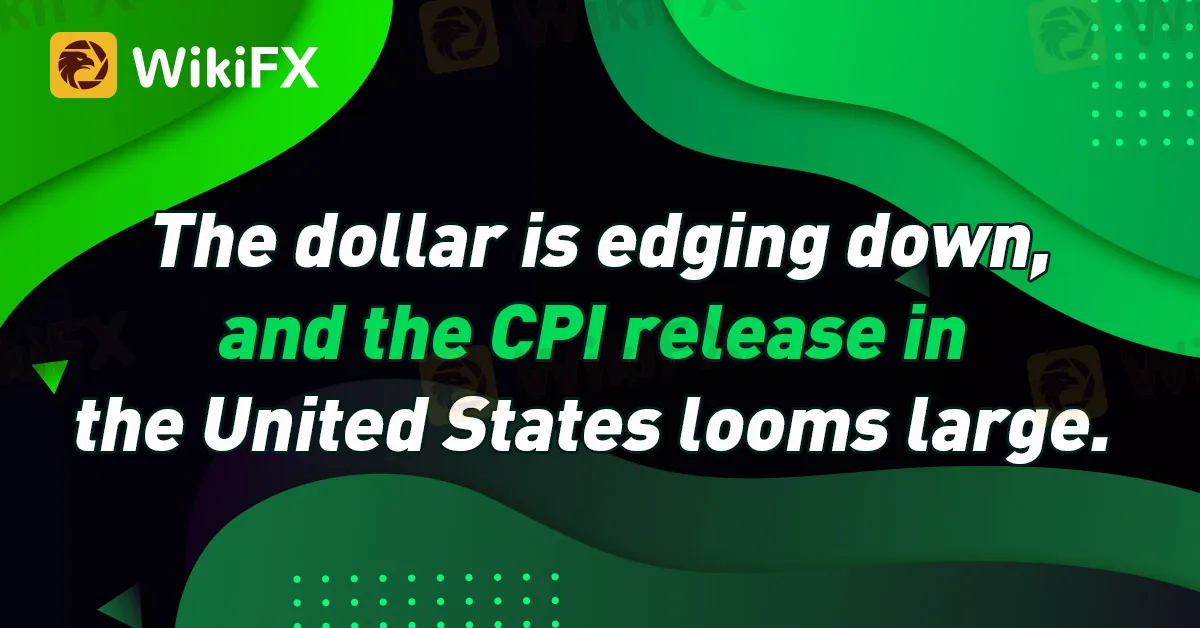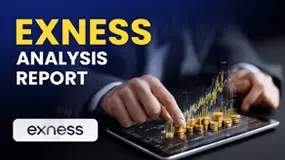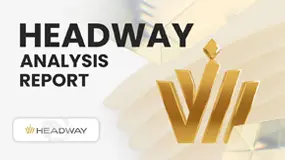Abstract:The dollar dipped slightly in early European trade on Friday, but it remained mainly on the offensive ahead of critical U.S. inflation data and the European Central Bank's signaling of future interest rate rises.

The dollar dipped slightly in early European trade on Friday, but it remained mainly on the offensive ahead of critical U.S. inflation data and the European Central Bank's signaling of future interest rate rises.
The Dollar Index, which measures the value of the dollar against a basket of six other currencies, was trading little down at 103.190 at 2:55 a.m. ET (0655 GMT), after gaining 0.7 percent overnight.
The consumer price index for May will be released at 8:30 a.m. ET (1230 a.m. GMT) on Friday, and it is predicted to grow 0.7 percent for the month and 8.3 percent for the year ending in May.
The core CPI estimate, which includes volatile food and fuel costs, is likely to fall a smidgeon, climbing 0.5 percent for the month and 5.9% for the year, down from 0.6 percent in April and 6.2 percent in the previous report.
With the Federal Reserve largely likely to announce the second of three successive 50-basis-point interest rate rises next week, this might provide the Fed some leeway to delay its rate hike cycle later in the year.
However, Treasury Secretary Janet Yellen recently informed US legislators that inflation is expected to remain high, which may be interpreted as the White House priming the market for yet another high number.
After plunging almost a half percentage point on Thursday following the latest ECB meeting, the EUR/USD recovered 0.2 percent to 1.0631, regaining some ground after earlier striking its lowest level since May 23.
The central bank reaffirmed on Thursday that it will halt its long-running bond-buying program at the beginning of next month, and that rates will be raised by 25 basis points in July and perhaps by a bigger amount in September.
After kicking off a tightening cycle with a quarter-point increase in July, Deutsche Bank now expects the ECB to deliver two 50-basis-point rate rises this year.
However, this hawkish viewpoint appeared to be in the minority as the euro struggled against the dollar despite the ECB's promise of its first rate hike in over a decade, amid concerns that such a rapid rate of tightening would harm countries like Italy, which has one of the highest debt burdens in the Eurozone.
“We like the dollar narrative this summer,” ING wrote in a note, “and Europe is unhappily on the front lines of the stagflationary shock of the war in Ukraine.”
In other news, the USD/JPY dipped 0.4 percent to 133.86, but not far from a recent 20-year high, despite the Bank of Japan's repeated commitment to maintaining low interest rates.
The GBP/USD exchange rate remained nearly constant at 1.2491, while the risky AUD/USD jumped 0.3 percent to 0.7121 and the USD/CNY fell 0.1 percent to 6.6840.










